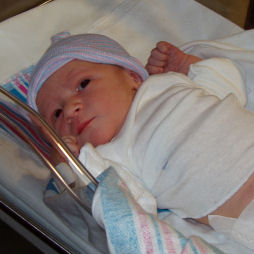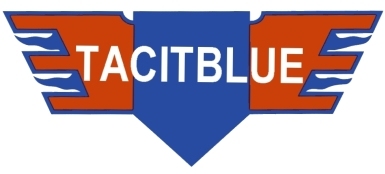 by beaky » Fri Jan 06, 2006 11:29 pm
by beaky » Fri Jan 06, 2006 11:29 pm
I know we're already way off dcunning's original topic, and I hardly consider myself a WWII expert, but having just finished Wm. Shirer's massive The Rise and Fall of the Third Reich, I'm reminded by this discussion that I learned a great deal about the Japenese-German alliance from it. Some might find some of this of interest.
According to Shirer, here's what happened around the time Japan struck Pearl Harbor:
"Japan was the key to Hitler's efforts to keep America out of the war until Germany was ready to take her on..."
"Hitler and Ribbentrop ... stressed the importance of not provoking the United States...By the beginning of 1941 they were exceedlingly anxious to draw Japan into the war... against Britain....Japan should come in 'as soon as possible- in its best interest' (Ribbentrop), and seize Britain's empire in Asia".
"Hitler paid dearly not only for this assurance (his promise to back Japan in any potential conflict with the US)... but for... not telling the Japanese about his intention to attack Russia..."
-Then the Japanese signed a neutrality treaty with Russia, and when Germany attacked Russia, despite Berlin's pleas for Japan to attack Russia on its Eastern front, Tokyo would not violate the treaty. Now, tied up on two fronts, Germany could ill afford the US getting involved, but Hitler was confident that even if the Japanese attacked Britain in the Pacific, America would focus its attentions there, not in Europe-
"...it never seems to have occurred to (Hitler).... until very late that Japan... might be fearful of embarking on a grand offensive...against the British and Dutch, not to mention attacking Russia in the rear, until they had secured their own rear by destroying the United States Pacific Fleet."
-as the Japanese tried to lull Washington with new peace talks in order to make their attack more of a surprise, the Germans tried to sabotage the talks, fearing that they'd find themselves taking on the Japanese if America entered the war in Europe. The suspicions were mutual:
"The Japanese warlords still did not trust the Germans enough to inform them of the blow against the US...But they were more worried... that Hitler would refrain from giving his guarantee unless Japan agreed to take on not only the US and GB, but the USSR as well. In this predicament Togo got off a long message to Ambassador Oshima in Berlin urging him to somehow stall the Germans on the Russian matter...Togo's instructions to Oshima on that fateful Saturday, december 6, which are among the intercepted messages decoded by Secretary Hull's expert decipherers, give an interesting insight into the diplomacy practiced by the Nipponese with the Third Reich at the eleventh hour".
"... Hitler did not insist on Japan's taking on Russia along with the US and Britain, though if he had the course of the war conceivably might have been different."
-Togo's message, once deciphered (as news came to Washington that the Japanese Embassy was destroying its codes), caused Roosevelt to say:
"'This means war'.
"But exactly when and where, the message did not say... Even Admiral Nomura did not know. Nor... did Hitler. He knew less than Roosevelt."
Hitler's reaction to the news of the attack on Pearl Harbor was predictable; he honored his hasty agreement with Japan, explaining:
"'It was... at the moment when the surprises of the Russian winter were pressing most heavily on the morale of our people, and everybody in Germany was oppressed by the certainty that sooner or later the US would come into the conflict. Japanese intervention, therefore was, from our point of view, most opportune'."
Hitler also admired the move, telling Oshima on December 14th:
"'You gave the right declaration of war! This method is the only proper one.'"
there was of course the issue of American interference with Germany's efforts to control the Atlantic by force, but:
"There was one other reason... Dr. Schmidt (Hitler's interpreter)... put his finger on it: 'I got the impression that, with his inveterate desire for prestige, Hitler, who was expecting an American declaration of war, wanted to get his declaration in first'."
So Hitler ranted and raved about Roosevelt in the Reichstag on December 11th,declared war on the US, and continued digging his hole deeper...
"With the situation in Russia... not to mention that in North Africa... the thoughts of the German Supreme Commander and his military chiefs quickly turned from the new enemy, which they were sure would have its hands full in the Pacific far away. Their thoughts would not return to it before another year had passed, the most fateful year of the war, in which the great turning point would come- irrevocably deciding not only the outcome of the conflict which all through 1941 the Germans had believed almost over... but the fate of the Third Reich..."
Last edited by
beaky on Fri Jan 06, 2006 11:32 pm, edited 1 time in total.












